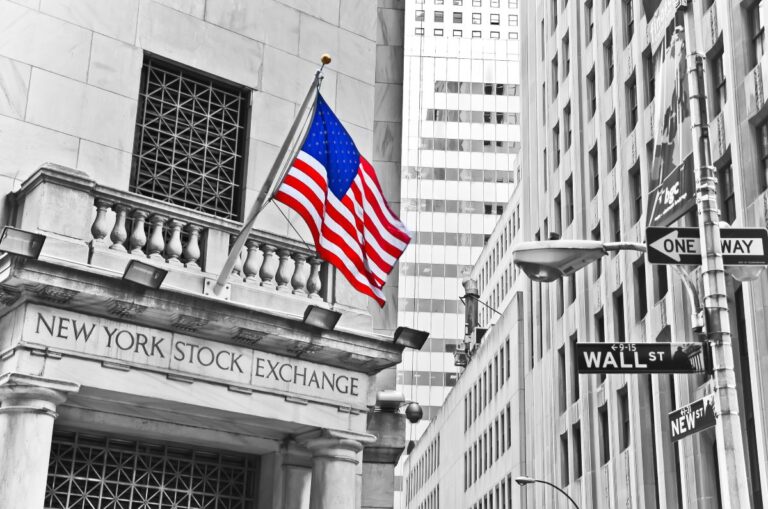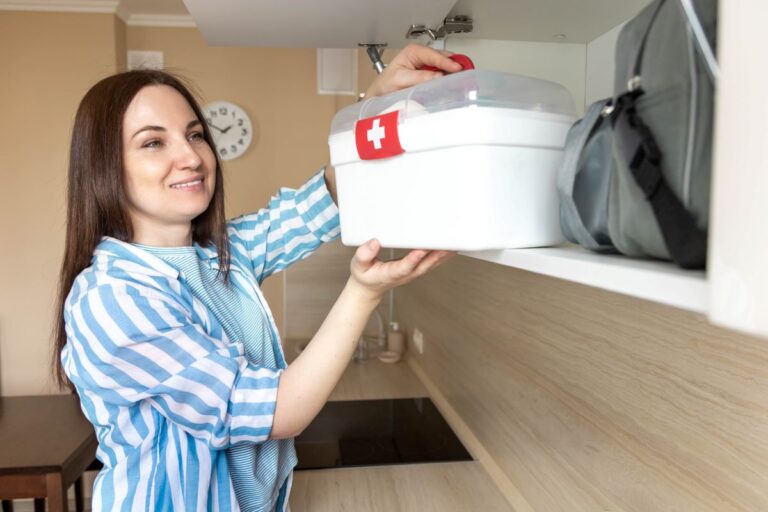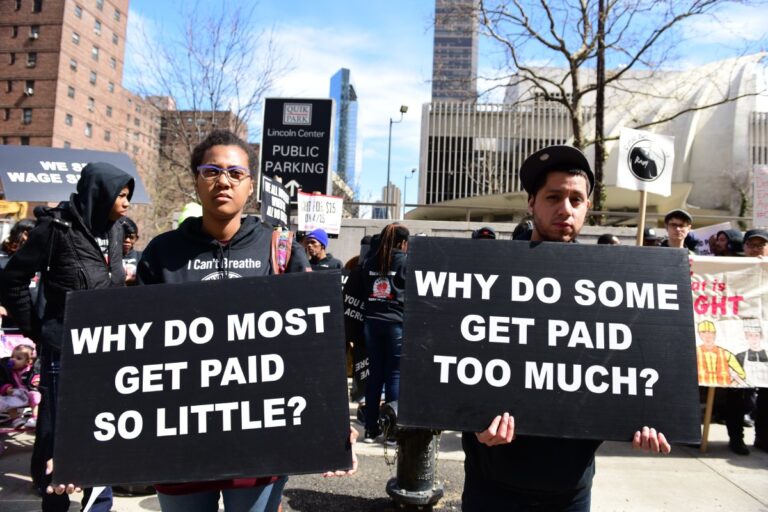Silicon Valley’s Dirty Secret: Tech Jobs Are Taking a Toll on Mental Health
Silicon Valley is synonymous with innovation, startups, and the tech boom. But behind the success stories lies a less glamorous reality: a mounting mental health crisis among tech workers. The intense pressure to perform, long hours, and high stakes are taking a toll on employees’ mental well-being.
High Stakes, High Stress

The relentless drive for innovation and the pressure to succeed can lead to chronic stress and burnout.
A survey by Blind, an anonymous professional network, found that 57% of tech workers reported feeling burned out. The constant demand for productivity and creativity leaves little room for relaxation and recovery.
Work-Life Imbalance

Tech jobs often come with demanding schedules and expectations to be available around the clock.
The American Psychological Association highlights that work-life imbalance is a significant contributor to mental health issues, and in Silicon Valley, the boundaries between work and personal life are increasingly blurred.
Isolation and Loneliness

Despite being hyper-connected digitally, many tech workers experience social isolation. A study by the Harvard Business Review found that 50% of CEOs report feelings of loneliness, and the numbers are likely similar for employees in high-pressure environments.
The lack of meaningful social interactions exacerbates feelings of loneliness and depression.
Stigma and Silence

Mental health remains a taboo subject in many workplaces, including tech companies. Employees fear that admitting to mental health struggles could be seen as a sign of weakness or a career-ending move.
The National Alliance on Mental Illness reports that stigma prevents many from seeking the help they need.
Company Culture

The culture in Silicon Valley often glorifies overworking and “hustle.” Companies like Tesla and Uber have been criticized for promoting a culture of long hours and relentless pressure. This toxic environment can lead to severe mental health consequences.
Efforts for Change

Some tech companies are beginning to address the issue. Google offers mindfulness programs and mental health resources, while Salesforce has introduced “Wellness Zones” to encourage employees to take breaks and practice self-care. These initiatives are steps in the right direction, but more comprehensive support is needed.
Seeking Help

It’s crucial for tech workers to seek help and for companies to provide robust mental health support. The Employee Assistance Program (EAP) is a resource offered by many companies to provide confidential counseling and support services.
Community Support

Creating a supportive community within the workplace can also make a significant difference. Encouraging open conversations about mental health, promoting work-life balance, and providing resources for stress management are essential steps.
Action Is Needed, Now

Silicon Valley’s mental health crisis is a serious issue that requires immediate attention. The high-pressure environment, combined with the stigma surrounding mental health, creates a challenging landscape for tech workers. Addressing this crisis will require a cultural shift, greater support systems, and an ongoing commitment to the well-being of employees.
Not All Tea Is Good for You: List of Teas to Avoid and to Stick To
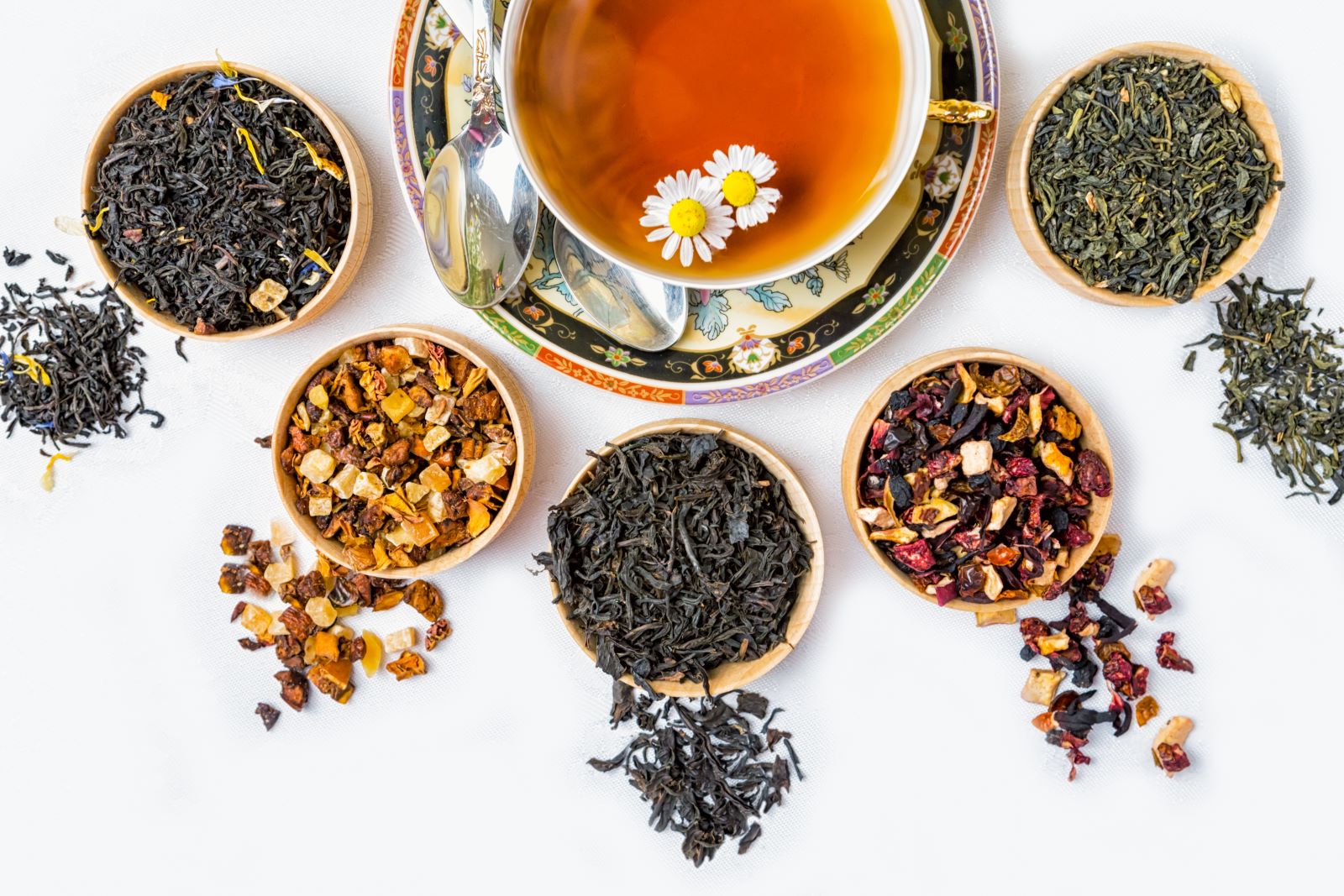
Not all teas are healthy and some might actually harm your health with poor ingredients. But how can you tell the good from the bad? This guide aims to help you make informed choices without turning you into a tea expert overnight. Not All Tea Is Good for You: List of Teas to Avoid and to Stick To
America’s Spiritual Revolution: Turning Away from Christianity to Embrace Alternatives

As church attendance declines, Americans are exploring diverse spiritual paths, from stargazing druids to unconventional deities like Wi-Fi gods and extraterrestrials. Explore the quirky and sometimes controversial new religions capturing attention as people seek meaning beyond traditional Christianity. America’s Spiritual Revolution: Turning Away from Christianity to Embrace Alternatives
25 Must-Try Global Delicacies
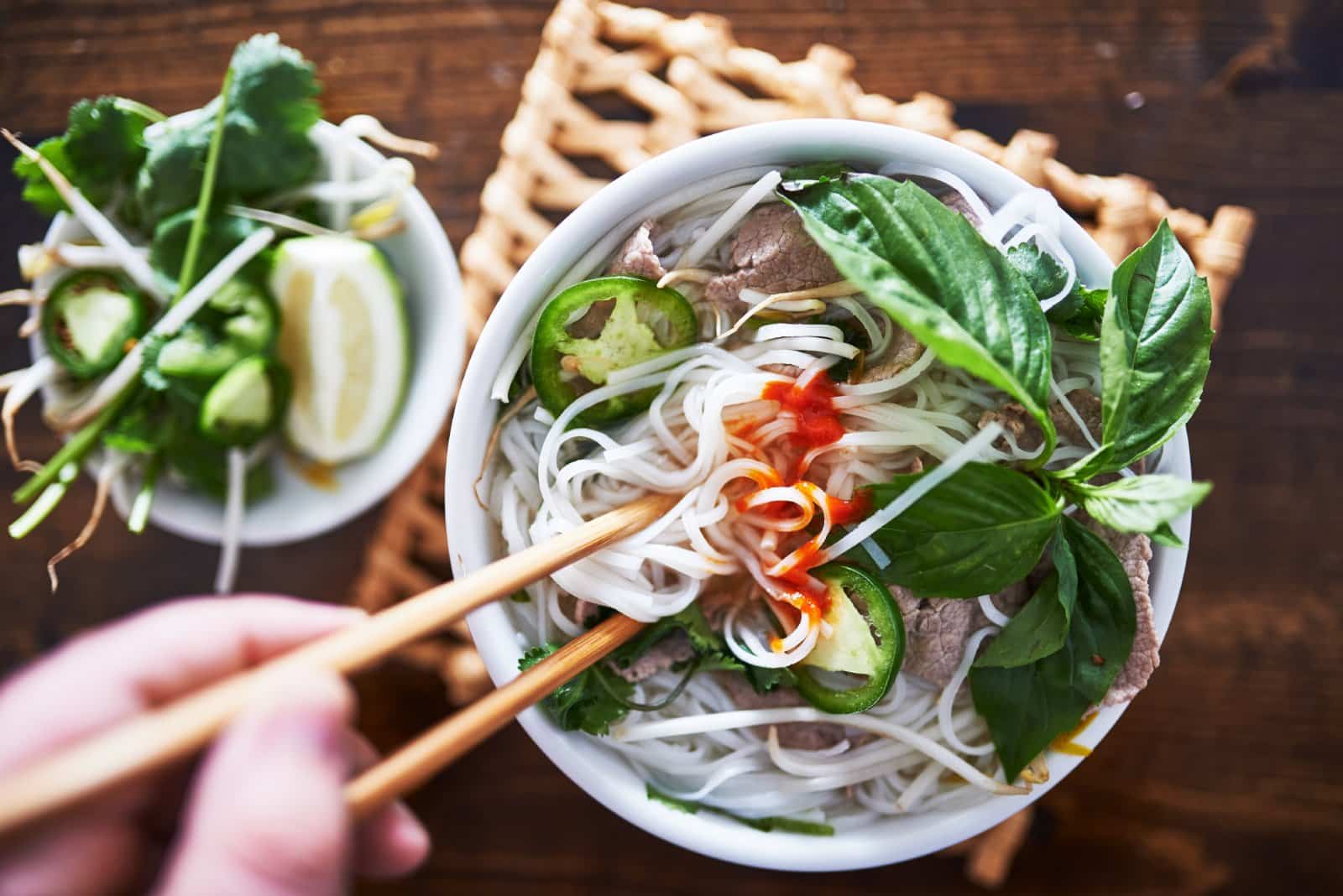
From Bangkok’s bustling streets to Parisian cafes, every corner of the world offers something special for your taste buds. And you don’t have to travel far; even in the USA, you can find a world of flavors. Here are 25 global delicacies every foodie should try, including some local favorites! 25 Must-Try Global Delicacies
Featured Image Credit: Pexels / Tima Miroshnichenko.
For transparency, this content was partly developed with AI assistance and carefully curated by an experienced editor to be informative and ensure accuracy.



